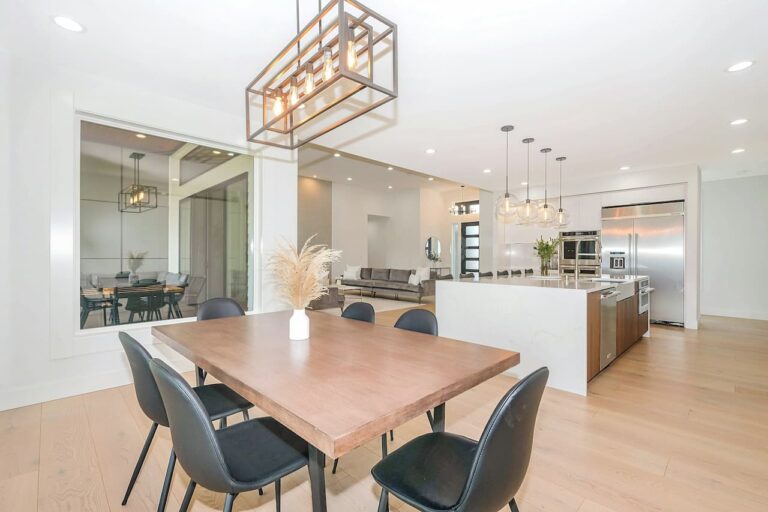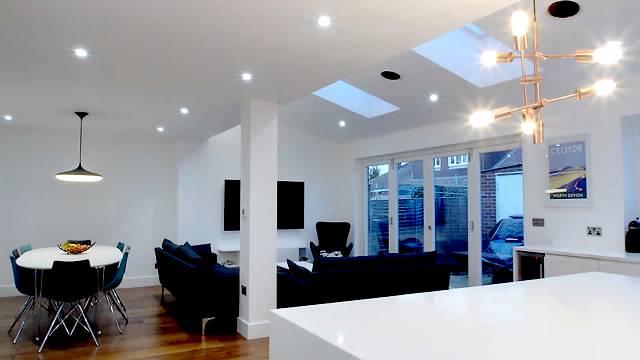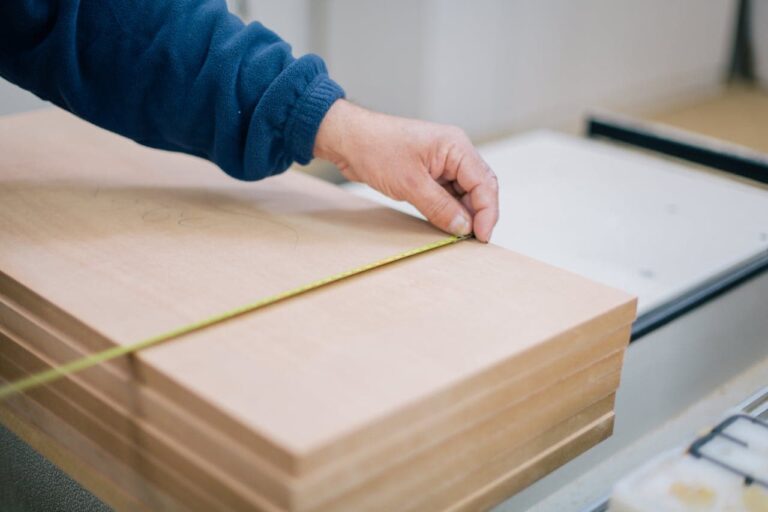Dreaming of transforming your living space or building a brand-new home? The world of home design and build comes with plenty of decisions. One confusion many homeowners run into is whether to hire a builder, a contractor, or both. These roles sound similar, but knowing the difference can mean a smoother project, fewer headaches, and real value for your investment. Getting it right from the beginning helps you avoid costly delays and improve the results, especially with today’s growing focus on sustainability, smart design, and personal comfort.
Defining the Roles: Builder vs Contractor
In the context of home design and build, both builders and contractors can play leading roles—but they’re not the same. Your journey usually starts with ideas and dreams that turn into plans. The architectural stage is crucial, often handled by professionals who translate vision into drawings and technical details. If you want truly bespoke results, see how Custom Home Design Solutions set the foundation.
But after those designs are finalised, you face a key decision: Who brings the plans to life? It’s here the distinction between builders and contractors becomes clear. At TN Design & Build we can provide both design and build, all in-house, but it’s still important to know the difference in case you ever use a company that may only offer one or the other.
What Does a Builder Do?
Think of a builder as the hands-on expert. Builders manage the physical work: laying foundations, bricklaying, roofing, fitting windows, and finishes. Most builders have trade backgrounds and years of site experience. They’re on the ground daily, coordinating materials and craftspeople, and often lead small teams. Their focus is usually:
- New builds: ground up, start to finish
- Extensions and renovations
- Loft and basement conversions
- Small-scale project management
A good builder doesn’t just work from a plan—they spot potential issues early, keep trades on schedule, and adapt to challenges. Some are “general builders” covering a wide range, while others specialise (timber frames, period restorations, etc). Ultimately, their skill and presence shape the bones and finish of your home.
What Is the Role of a Contractor?
A contractor wears a different hat. Sometimes known as a main contractor or project manager, they are responsible for organising, coordinating, and supervising the entire operation. Key tasks include:
- Tendering and hiring subcontractors (plumbers, electricians, plasterers)
- Scheduling every stage, from demolition to decoration
- Managing quotes, contracts, and payments
- Ensuring work meets building regulations and legal compliance
- Communicating with architects, structural engineers, and building inspectors
Think of a contractor as the conductor of an orchestra. Instead of doing the manual work, they make sure all the players work in harmony. While a builder might focus on a specific building stage, the contractor watches the whole project, focusing on budget, safety, and quality. Larger or more complex jobs—especially those with several trades—almost always need a dedicated contractor.
How to Choose the Right Professional for Your Project
Every build or renovation journey is unique. One project might call for a single skilled builder, while another demands a full contracting team. Which path should you choose? Consider your project’s size, complexity, and your own confidence in managing details. For serious work, review Professional Build Services that match the level of organisation and expertise you’ll likely need.
Sustainability is now a top concern, especially as energy bills and green values shape home decisions. From recycled materials to solar panels, today’s professionals can guide you towards a more mindful build. Explore Sustainable Home Design Tips to see options that add comfort and value without harming the planet.
Factors to Consider: Project Scope, Budget, and Timeline
Before you pick up the phone, weigh up these essentials:
Scope:
- New builds may need a contractor to handle complexity.
- Small extensions or room renovations often fit a builder’s sweet spot.
Budget:
- Builders are sometimes cheaper for smaller, straightforward jobs.
- Contractors manage costs across larger projects. This cuts the risk of “surprise” expenses.
Timeline:
- Contractors offer tighter, more predictable schedules.
- Builders may be flexible but can get stretched on busy projects.
Also think about:
- Proven experience in similar work
- Solid communication skills
- Quality guarantees and insurance
For sustainable additions—think insulation, rainwater harvesting, or high-efficiency systems—make sure you choose a professional who keeps up with the latest eco-friendly practices.
Common Mistakes When Selecting Contractors and Builders
Choosing the wrong pro could set your project back months (or worse). Sidestep these frequent pitfalls:
- Hiring “on a handshake” without thorough references or a contract
- Not checking past work for quality and finish
- Overlooking insurance or qualifications
- Making decisions on price alone without balancing reputation or reliability
- Ignoring clear written quotes, schedules, or payment plans
To avoid stress, always:
- Ask for detailed, fixed-price quotes in writing
- Read reviews and ask for recommendations
- Review completed projects, not just promises
- Insist on a contract covering responsibilities, costs, and timelines
That extra legwork upfront leads to better results—whether you’re adding a kitchen extension or building a house from scratch.
It’s Good To Know
Understanding the difference between a builder and a contractor makes planning your home design and build journey much easier. Builders handle hands-on tasks, managing teams and trades, while contractors oversee whole projects, budgets, and compliance. Each role matters, but the right one depends on your project’s scale, detail, and personal goals.Take time to measure your budget, timeline, and future comfort. Learn from the experience of others, look for sustainable solutions, and demand the highest standards of quality—every step of the way. For more insight, fresh ideas, and expert advice, visit TN Design Insights and start your next project with confidence.







